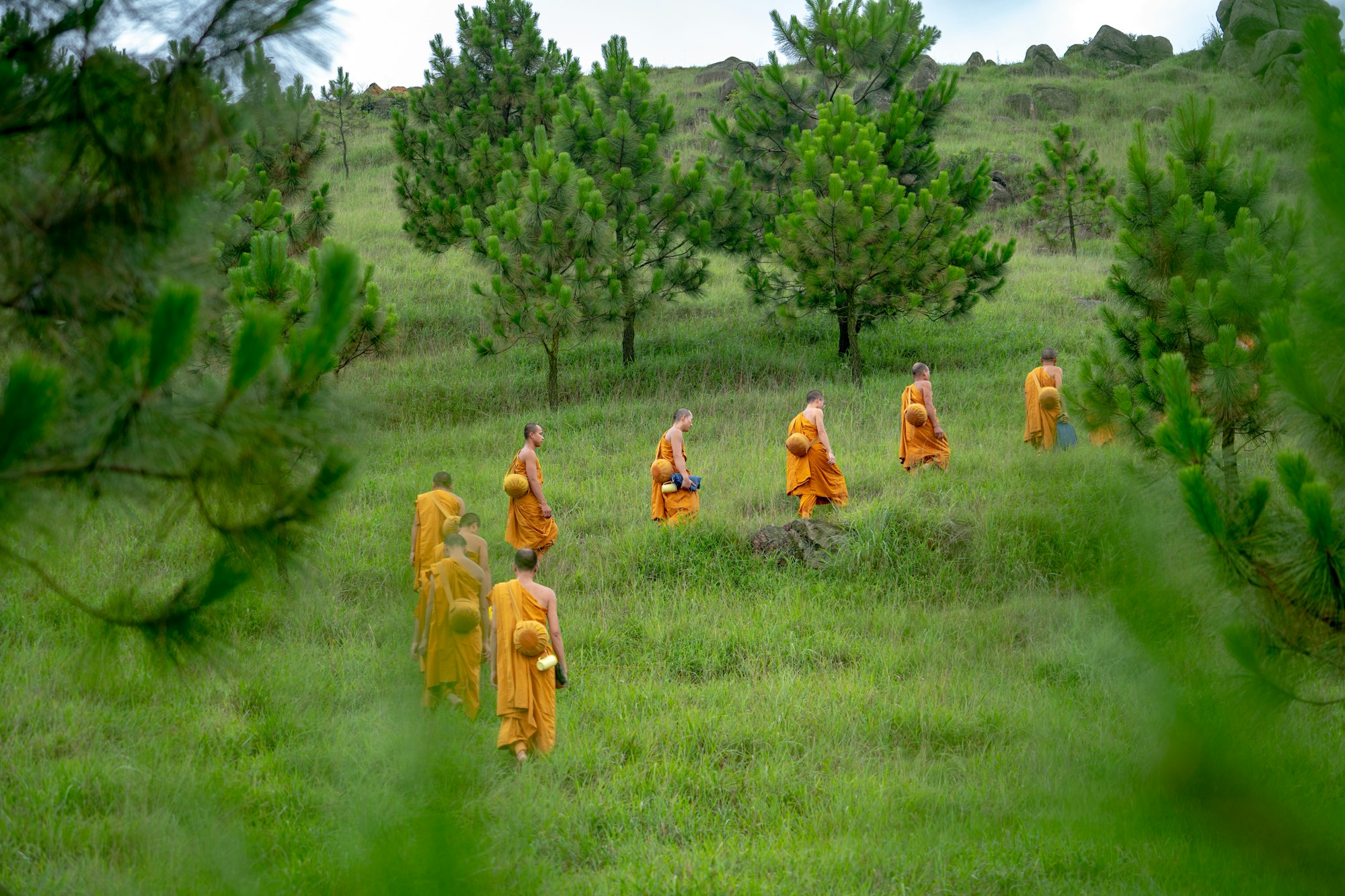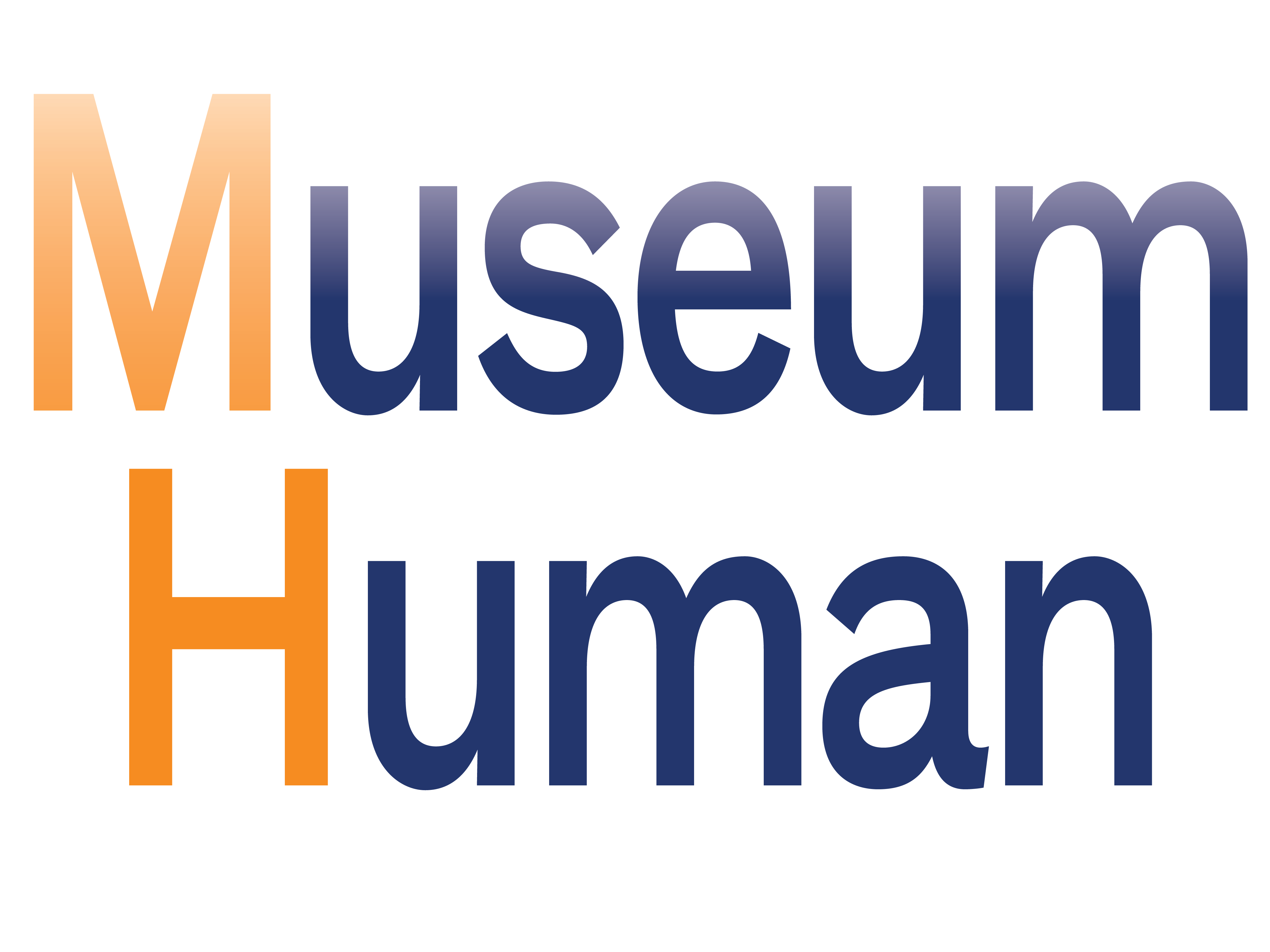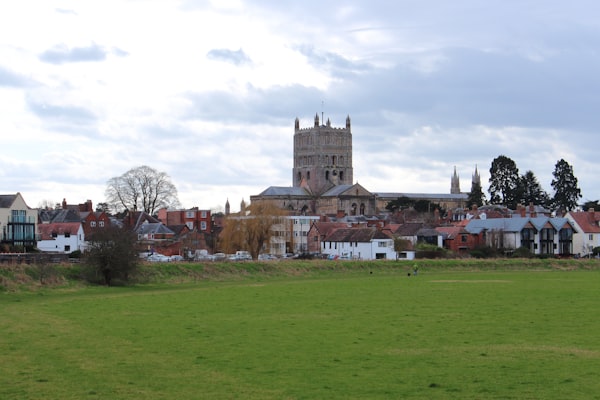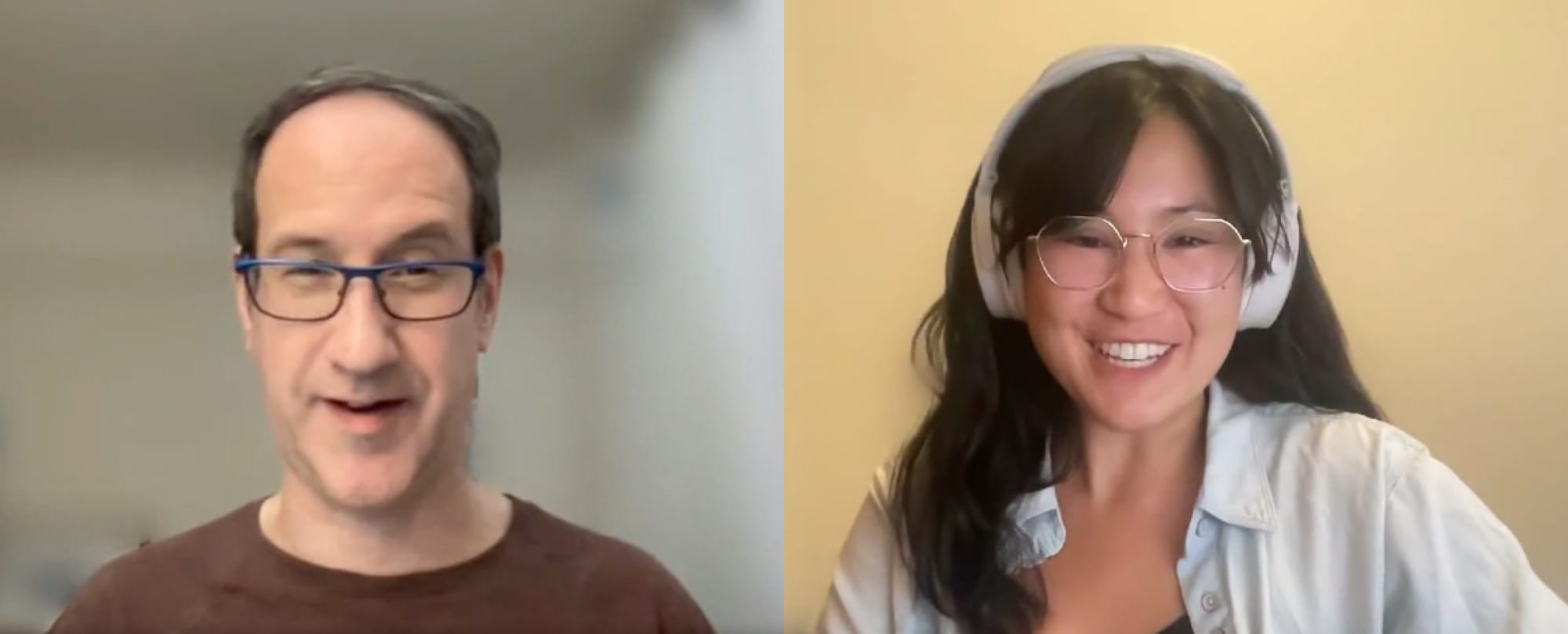Strategy and democracy are all part of the debate over the museum commons.
If you're reading this and not a subscriber to Museum Human, consider scrolling to the bottom and signing up now—it's free and is the only way to read the site's longer weekly post on the organizational culture of cultural organizations and to learn about upcoming subscriber-only events and communities.
One: This week's LOTW will be heavy on Harvard Business Review, so let's start with this article about purpose and strategy. It's even got a handy purpose-strategy-culture triangle. If you've read enough org culture pieces you'll eventually find an interview with or first-person narrative by the CEO of Best Buy. The problem here, I think, is whether to connect every museum worker with a shared purpose or to help them reinforce their own sense of purpose—it's a damned-if-it's-shared-damned-if-it's-not dilemma.
Two: HBR here finds that workers are increasingly sad, stressed, and anxious. The article makes a good point that organizations need to think beyond wellness and make employee care a permanent part of the culture. Still, there are those crushing workloads …
Three: Another piece in HBR also says that orgs need to put mental health front and center, though the focus here is on Gen Z. The authors suggest coaching and finding methods of connection, especially in remote/hybrid workplaces. It does sort of feel like a rote list, checking off "care" boxes, and I can't tell if the Gen Z centering is a feature or a bug of the piece. Every workplace generation has a multitude of situations and stories to tell.
Four: Back to strategy with HBR and a useful reminder that strategy is not the same as lofty goals. (The authors describe strategy as choices that are hard to reverse.) This is especially important for museums and other nonprofits, because their strategic plans are likely to have a lot of aspirational goals in order to impress funders and board members, but when leaders don't know the daily work and projects of the organization, the result can be overwhelming numbers of new initiatives while "legacy" work and processes continue unabated.
Five: There have been plenty of articles in the tech press decrying the overuse of artificial intelligence, machine learning, and practices of constant evaluation in deeply evaluating people on a human scale. At the same time, HR departments are told to use more and more pulse surveys to get a sense of how the workforce is feeling. This piece in HBR tells how "people analytics" can dehumanize workers, turning them into personas, not individuals. (It reminded me of my post on self-study of workers in museums and other organizations.)
Six: Here's one last article from HBR, this time about using fiction to help develop strategic plans. (I wrote about science fiction and museum org cultures here.)
Seven: Cory Doctorow had this helpful Medium piece about how libertarians idolize the idea of those who are self-sufficient exiting from the commons. This book review of Adventure Capitalism: A History of Libertarian Exit, from the Era of Decolonization to the Digital Age by Cornell historian Raymond B Craib for PM Press makes a lot of great points that show up in org cultures where a certain number of people—leaders and influential staff—can fend for themselves without accountability. (Exactly what "accountability" means for leaders and powerful staff is another question.)
Eight: The organizational trouble-making site Corporate Rebels suggested a 3x3 diamond grid for figuring compensation in flat organizations, based on objective scores for skills/capabilities and leadership responsibilities. It's an important reminder that you don't need a hierarchy in order to have pay grades and differentiation. (For other narrative-busters, read The Dawn of Everything; my reviews are here and here.)
Nine: As a long-time lunch-time "desk eater," I felt attacked (but in a good way) by this substack newsletter from Anne Helen Petersen. The piece posits that eating lunch should be a social activity, away from work cares. In my museum, I would sometimes use lunch to look at exhibitions/the collection, visit other museums, or go on walks in the park—but all too often, I would "get a jump on the afternoon." Beyond crushing workloads, workers have to consider remote and hybrid schedules now. (There are too many remote meetings between 12 and 2 pm, IMHO.) Leaders and managers should make sure that trust exists between teams—and that workloads allow for lunch—if they want to combat desk eating.
Ten: Finally, a system that doesn't serve people's needs and wishes isn't really a "democracy," so writes indi.ca in Medium. I was thinking again of The Dawn of Everything when I read this piece, and museum workers and leaders should take note that people are no longer taking for granted certain assumptions about our workplace and organizational systems.

Liberation
Just as I mentioned in my recent reviews of The Dawn of Everything, we make assumptions when we tell ourselves and others that our system or practice is the best, or that certain things are just "the way it is here" or, worse, "this is the only way that our work can get done here." Liberation is detaching from these assumptions both for ourselves and others and listening with an open mind and heart when our own assumptions are challenged.
If you're reading this and not a subscriber to Museum Human, consider signing up for a free subscription below—it's the only way to read the site's longer weekly post on the organizational culture of cultural organizations and to learn about upcoming subscriber-only events and communities. Thank you for reading!
cover photo by Jason / Unsplash [description: a grassy field in the middle of a town with a church in the background]

Links of the Week: June 24, 2022: The Commons by Robert J Weisberg is licensed under a Creative Commons Attribution-NonCommercial-ShareAlike 4.0 International License.







